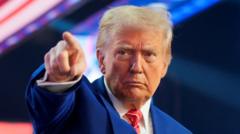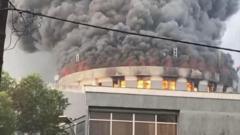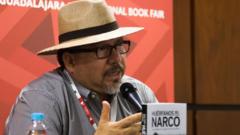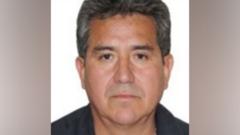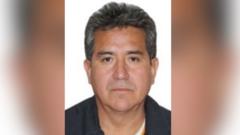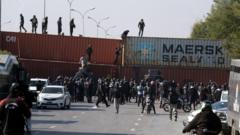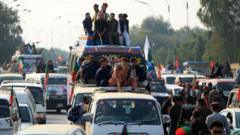In response to claims made by Evo Morales of an assassination attempt against him, Bolivia's government firmly denies any involvement, suggesting the incident was a confrontation with police during a drug enforcement operation. This incident highlights the ongoing political tensions within the ruling Movement for Socialism party as Morales faces legal troubles and a power struggle with current President Luis Arce.
Bolivia's Government Dismisses Evo Morales' Assassination Claims
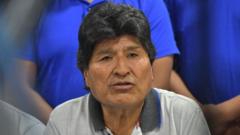
Bolivia's Government Dismisses Evo Morales' Assassination Claims
Former President Evo Morales alleges a targeted attack on his life, but the government attributes the incident to an anti-drug patrol altercation.
Amid escalating political tensions in Bolivia, former president Evo Morales has made startling allegations of an assassination attempt against him, stating that gunfire targeted his vehicle during an incident in the Cochabamba region on Sunday night. Morales shared a video on social media showcasing bullet holes in his car's windscreen, expressing that this act was an attempt on his life.
In contrast, Bolivia's Interior Minister, Eduardo del Castillo, has dismissed Morales' claims as theatrics. He argues that Morales' convoy was fleeing an anti-drug trafficking patrol and confirmed that their security team reacted by firing at police and even running over an officer during the encounter. Del Castillo emphasized that Morales’ assertion is not credible, insisting that the incident occurred while police were conducting a routine patrol.
Following the encounter, a faction of the Movement for Socialism (Mas) party, which aligns with Morales, accused individuals dressed in black of opening fire on Morales’ vehicle near a military installation. They have since placed the blame for the incident squarely on President Luis Arce’s government.
Set against the backdrop of a growing power struggle between Morales and Arce regarding candidacy for the upcoming elections, tensions are further heightened by Morales’ ongoing legal challenges. He faces accusations of statutory rape and human trafficking, charges he vehemently denies, insisting they are politically motivated attacks initiated by the right after he was replaced following his resignation in 2019 amidst allegations of election fraud.
The situation in Bolivia remains precarious, with both Morales and Arce rallying loyal supporters who are ready to engage in protests and clashes, reflecting the deep divisions within the political landscape.

